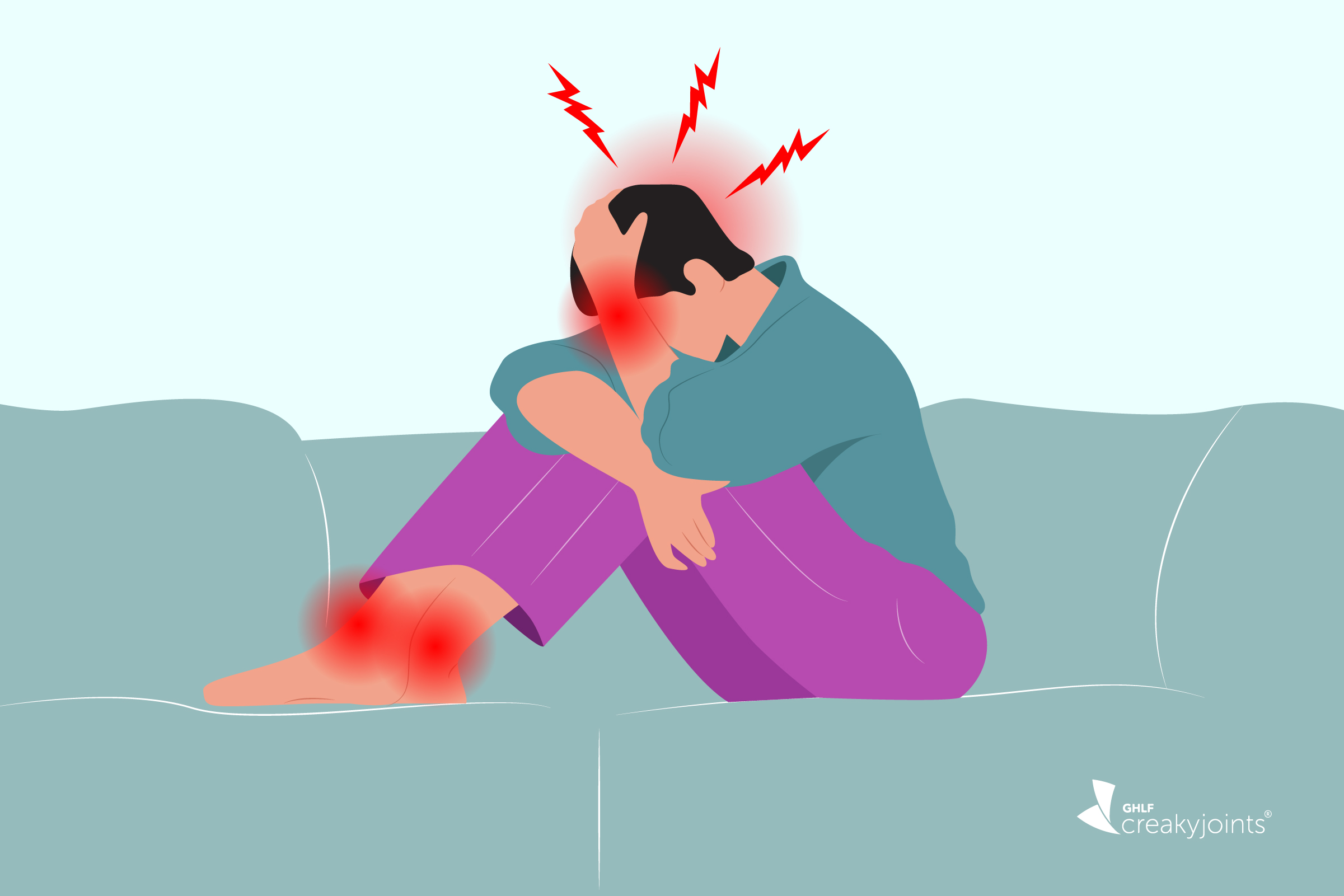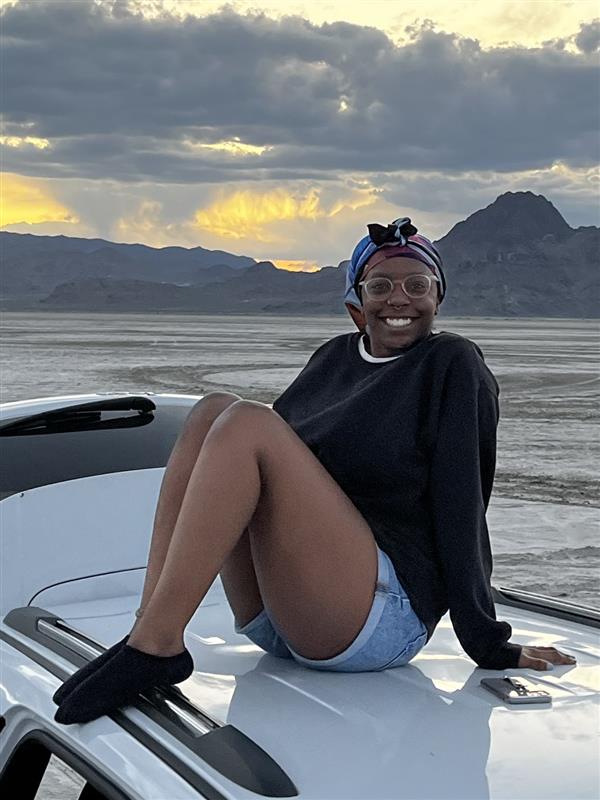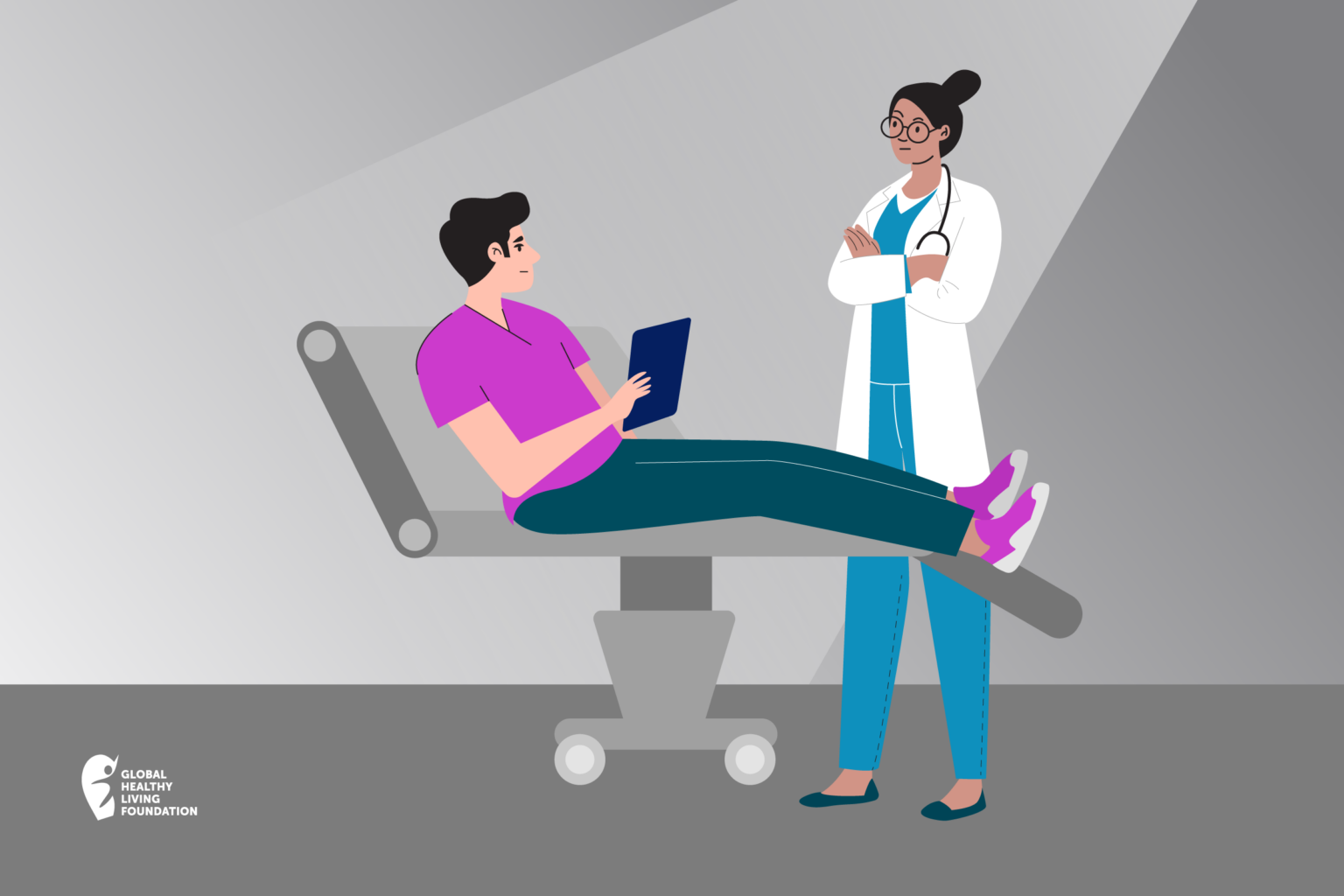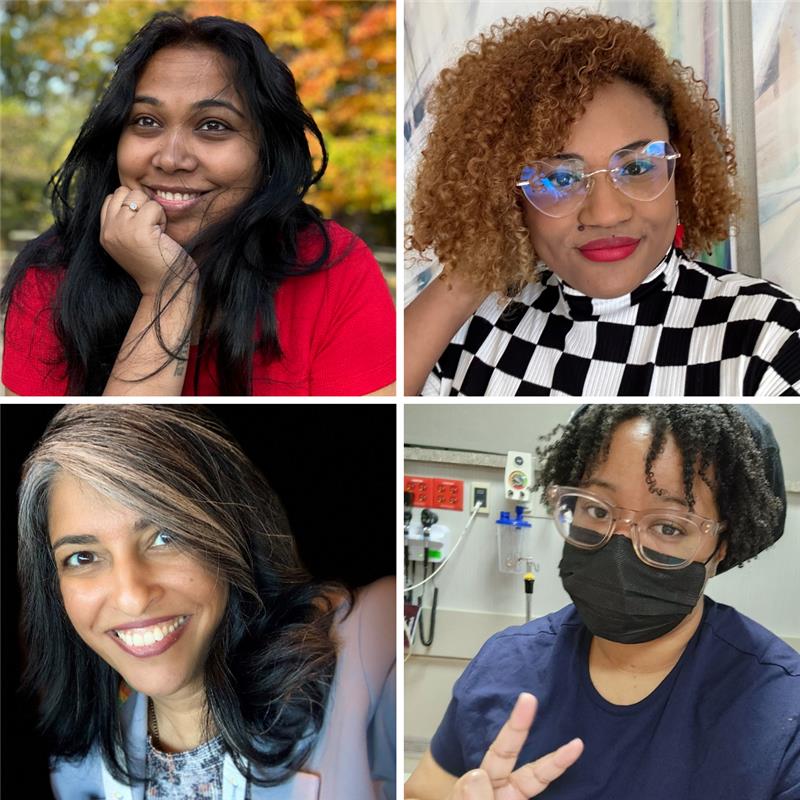50-State Network 2024 Impact
How Sneha Dave Is Creating a Space for Young Chronic Illness Patients to Connect and ‘Find Resources to Thrive’
HOW SNEHA DAVE IS CREATING A SPACE FOR YOUNG CHRONIC ILLNESS PATIENTS TO CONNECT AND ‘FIND RESOURCES TO THRIVE’
November 5, 2021
Rachel Ellis
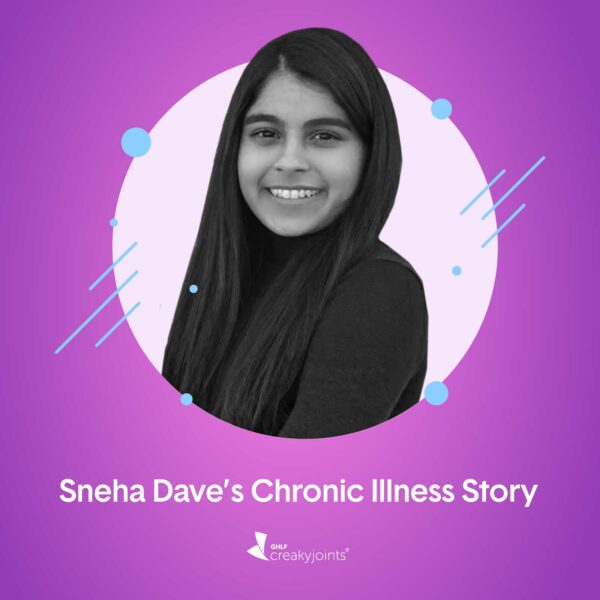
Sneha Dave is a 23-year-old recent college graduate who’s lived with ulcerative colitis, a type of inflammatory bowel disease (IBD), since the age of 6. Sneha is the founder and executive director of the Health Advocacy Summit, a nonprofit that facilitates events, programs, and meetings for young adults ages 13-30 with chronic and rare conditions. The nonprofit also includes the Crohn’s and Colitis Young Adults Network, a program dedicated to empowering young adults with inflammatory bowel diseases.
Here is Sneha’s story about how a childhood dealing with IBD became the inspiration for her current vocation and vision: uniting and empowering young adults with chronic and rare conditions.
At the young age of 6, Sneha Dave was diagnosed with severe ulcerative colitis. Because ulcerative colitis involves the digestive system — and very often caused bathroom accidents — it was hard for Sneha to talk about it, especially as she moved into her teen years. She spent the beginning of middle school very sick and began having frequent accidents at school, an embarrassing situation for anyone, but beyond mortifying for a middle schooler.
After being told she was at risk of being suspended for excessive absences, Sneha was desperate to find options to still stay in school while experiencing IBD flare-ups.
Looking back, Sneha now marvels at how little her family was told at the time about how kids like her could get legal accommodations for chronic illness or disability in general.
“I think now what a difference that information could have made if we’d known about it sooner,” she says.
Challenges of Getting Worse — and Better
Sneha continued to be critically sick throughout middle school. She wore a peripherally inserted central catheter (PICC) line throughout her 8th grade year. Her worst bout of sickness came during her freshman year of high school, and by the end of the year she weighed just under 60 pounds. Still sporting her PICC line, Sneha went to the hospital every week for infusions.
Finally, her doctors performed a colectomy surgery, removing her large intestine and connecting her small intestine through a hole in her stomach to an ostomy bag.
Now Sneha was faced with a new transition. She went from being extremely sick to living a life she had never really known — one where she didn’t have to worry about constantly using the restroom.
“I started to go to school full time, which was really overwhelming for me,” she says. “I had never really interacted with my peers before, and I’d also just gone through something very dramatic compared to what a lot of people at my high school were dealing with.”
In the years after her colectomy, Sneha has had more surgeries. She now has a J-pouch, which is made by using two loops of small intestine. This means her small intestines function as a colon, and she no longer needs an ostomy bag. Sneha has also been diagnosed with a couple of other rare conditions.
But today at age 23, she says she’s significantly better than she was when she had her colon. “I’m able to do things like climbing, which is now a huge part of my life, and I hike whenever I can,” she says.
“Looking back, it was a really challenging adolescence. There were many things my family and I have realized we would have done differently,” she says. “Especially to protect my mental health, because adolescent brains are at such a vulnerable place as they go through big developmental changes.”
The Connection That Led to a Community
Sneha describes her chronic disease journey as a solo experience — until 7th grade. This was the year she crossed paths with a friend named Cory, who was also living with IBD and osteosarcoma, a form of cancer.
They knew their conditions were not likely to have a cure in their lifetime. And they knew they weren’t the only ones their age dealing with significant illness. This sparked an idea, and the two started thinking about ways they could improve their quality of life and feel less isolated.
They started an organization called Crohn’s and Colitis Teen Times. The focus wasn’t fundraising for a cure, but on forging connections.
“We saw our lives as so much more than soliciting donations,” says Sneha. “We were living with our conditions, and we had so much going on. We knew our quality of life would improve if we could connect with others and find resources to thrive.”
The two decided to find people to interview and put together a newsletter. Unfortunately, Cory’s cancer was worsening, and not long after they mailed out their first edition, he passed away. Sneha says she feels grateful that Cory knew their project would be realized.
“It will always be special to me that he got to see the launch of our project,” she says.
Growing a Network
The newsletter was a success and started getting inquiries from all over the country. Keeping up with shipping all over the country became overwhelming, so Sneha and her team created a website, allowing them to open up to a national and international community.
By the time Sneha started college, she realized that while a newsletter was great, it wasn’t filling all the gaps the community had. Soon, Crohn’s and Colitis Teen Times transitioned into the Crohn’s and Colitis Young Adults Network (CCYAN).
“We’re now in our third year. We facilitate an international fellowship program for young adults with inflammatory bowel diseases,” says Sneha. In 2021, the program has nine fellows from five different countries: the United States, Malaysia, Greece, Canada, and India.
Researchers in a wide variety of areas speak to CCYAN fellows. The program sends them to U.S.-based inflammatory bowel disease conferences, and partners with annual events such as Advances in Inflammatory Bowel Diseases (AIBD) and Digestive Disease Week. The fellows take what they learn from these conferences and disseminate the information to other young adults with IBD.
“These are really incredible experiences, especially because these are conferences that traditionally have not heard from the next generation of patients,” says Sneha. “Our voices are so critical for the entire patient advocacy space to know about. It’s really exciting, too, because it brings together an international audience.”
Broadening the Scope
When Sneha developed CCYAN’s website, she realized that there were young adults with other chronic conditions also reading the content, and her scope began to broaden.
“As I thought about it, I realized all chronic diseases are similar in many ways, especially when you think about social implications for a young adult’s life,” she says.
In her freshman year of college, she began to connect young people with chronic conditions in her area. She brought together 14 young adults in the state of Indiana, all with chronic conditions such as lupus, arthritis, and Ehlers Danlos syndrome. This was the start of the Health Advocacy Summit.
The summit included speakers who spoke on subjects such as vocational rehabilitation and the transition from high school to college and college to the workplace. A psychologist from Riley Children’s Hospital talked about the isolation that exists while living with a chronic condition at a young age. Health lobbyists educated the group about health policy issues in the state of Indiana that affect the young adult patient population there. And a testimonial speaker with multiple chronic conditions shared her experience going through all kinds of different systems — school, work, etc. — and provided advice for those young adults still in those systems.
In 2018, Health Advocacy Summit went to South Texas. In 2019, it expanded to San Francisco, which was led by now director of operations Sydney Reed. After a pause in 2020 because of the pandemic, they were able to evolve to make their programming more accessible. Now there are six virtual support meetings per month open to young adults all over the world with chronic and rare conditions on a variety of topics, from medical disclosure to reproductive health to media representation to body image to cultural competency and much more.
Last year brought their first international virtual summit, bringing together over 300 young adults with chronic medical disabilities around the world. Speakers included Katelyn Ohashi, former UCLA gymnast living with ulcerative colitis, one of the founders of Uber who deals with a chronic condition, and in 2020, Selma Blair, who is a role model in the multiple sclerosis community and beyond.
The Health Advocacy Summit also organizes resources on how to navigate a pandemic while being chronically ill and immunocompromised, and the ideas keep coming.
“Now we’re thinking about ways that education can be made more accessible, because online education is just really what works for a lot of us with chronic medical disabilities,” says Sneha. “We have worked with the American College Health Association and now have a position dedicated to our work in higher education.”
CCYAN is now a program through the Health Advocacy Summit. The ultimate focus is on ways society can start having more conversations about the young adult demographic among the chronically ill — and in turn get more representatives talking about the issues.
“I’m so grateful to get to do this work and to do it with people like Sydney, our director of operations who has helped to rebuild the Health Advocacy Summit to what it is today,” says Sneha. “It’s still such a fun experience, getting to build something that didn’t previously exist with a team of young adults with chronic medical conditions.”
My Advice for Young Adults with Chronic Illness
Attend a support group
Just knowing other people your age with chronic conditions is just so important. It can feel defeating when you scroll through social media and see peers hitting milestones you haven’t been able to achieve yet because of your challenges. It helps to know you’re not the only 20-year-old who’s not enrolled in college, for example, or who needs accommodations at work.
Find a space you feel comfortable
CCYAN’s support groups are led entirely by young adults with chronic and rare conditions. We’re intentional about this to keep it a very safe space. And talking isn’t required, so if you’re not comfortable sharing, just listen.
Get involved
If you live near a university, look into the research projects they’re doing. It’s likely there is something that could 100 percent benefit from your personal experience. Incorporating more of our age demographic into research is crucial.
Start small
Often we think of advocacy as this grand, national-level thing, but a lot of advocacy happens on a smaller scale. It can be as simple as contacting your local representative and sharing your story so they better understand what it’s like living with your particular chronic condition.
SUBSCRIBE TO GHLF
RELATED POST AND PAGES
_
Was this article helpful?
YesNo


